I shall keep on speaking up and speaking out – because the world needs figures of speech
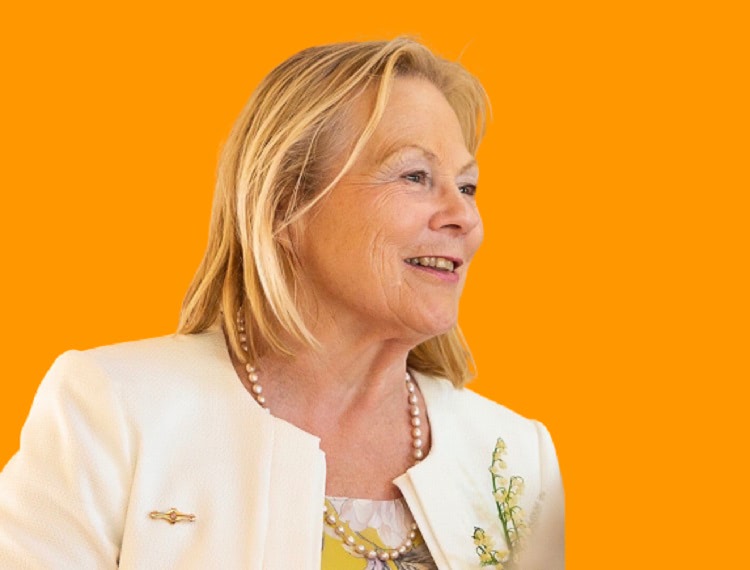
#ChooseToChallenge #IWD2021 #LGBTHM21 – How a 68 year-old, batty, overweight, post-menopausal pansexual dwarf became an unwitting role model
It is so important to have positive role models although I confess, I remain perplexed as to just how a 68 year-old, batty, overweight, post-menopausal pansexual dwarf, like me became a role model for anyone.
Be that as it may, as the celebrations of LGBT+ History #LGBTHM21 month merge into the marking of International Women’s Day #IWD2021 #ChooseToChallenge on Monday 8 March 2021, I thought I’d share a few reflections on the subject with my friends in the FE sector and with my colleagues in Northern Power Women.
It was two years ago during LGBT+ History month in February 2019, that I ‘went public’ in writing about being a gay. Although as the saying goes ‘everyone had known’ for decades, I had never specifically drawn attention to this aspect of my life. I had not felt any need to. I had not considered it important or relevant.
Being entirely happy in my skin as a woman, I had never felt any discomfort about my own ‘gender identity’ although I completely understood that some people did and my reading of Jan Morris’s insightful account of her experiences in her moving book Conundrum brought this vividly home to me.
Nevertheless, until a couple of weeks ago, I had never thought twice about the pronouns I used to describe myself – ‘she/her/hers’ in case you are curious. In fact, I was perplexed, and mildly annoyed, by increasingly seeing references to personal pronouns used in email signatures and social media handles. I also had no idea I had two ‘niblings’ – a gender neutral word for niece and nephew that was first coined in the 1950’s that has lately come into more prominent contemporary usage.
However, I love learning and using new words. I am also a self-confessed grammar geek, who attended a ‘grammar school’ in the 1960’s, and was actually taught grammar, the structure of languages and figures of speech.
So, I’m all in favour of this latest ‘fad’ if for no other reason than it reminds people of what a pronoun is. I’ll not worry about whether they understand the difference between subject, object and possessive pronouns – although as a paid up member of the SAS – ‘Save the Apostrophe Society’, I inwardly scream uncontrollably if I ever see the possessive written as her’s! I digress….
I attribute my hesitancy about ‘coming out’, defining my sexuality, and ‘speaking out’ about my experiences to the following:
Firstly, there was the matter of the law.
In my article of February 2019, Out is not being at home, I cited the historical and legal context of the 1980’s. This unearthed a huge chasm of ignorance amongst the under 40’s about what life was like in Thatcher’s Britain.
Astonishingly, I realised that many people did not know about section 28 of the Local Gouvernant Act of 1988 which was in force at the time when I was Principal of an FE College and which created a climate of fear in education and public service.
Whether or not I was gay, living with a woman could have been interpreted as ‘the promotion of homosexuality’, which was prohibited under the law and I could have lost my job. Russell T Davies’ recent widely acclaimed drama series ‘It’s a Sin’ has brilliantly and movingly shed light on this as well as on a whole range of other issues with which anyone who was LGBTQ+ at the time had to contend.
Secondly, I believe that my sexuality is a matter of supreme indifference to other people.
By birth and background, I’m a blunt Northerner and I speak as I find. By nature, I’m generally an open-hearted ‘what you see is what you get’ sort of person, and, as a Quaker, I am not given to deliberately dissembling – but I believe my private life is just that – private to me.
So why would I talk about it?
Furthermore, my partner of over 30 years, now wife, Maggie is a very private person and as a therapist has for professional reasons always followed an extremely cautious line with regard to self-disclosure of anything about her own private life. And then…. here’s the thing, before we got together in the early 1990’s, both of us had had relationships with men and neither of us especially thought of ourselves as gay. In fact, we have recently come across another concept and new word – ‘pansexual’ – and we have both rather taken to this descriptor which more accurately describes how we both think of ourselves. We fall in love with the person regardless of gender.
In the past, if I used labels to describe myself, I’d say I was a feminist, a radical, an independent spirit – not a bisexual, gay woman, or lesbian. However, over the last few years, I have learnt from others, particularly through mentoring and support I give to women and the LGBTQ+ community, how important it is to some people to define their identity in terms of genders and sexuality. People much younger than me, I now appreciate, speak openly about gender fluidity and tell me they find it helpful to have ‘role models’ like me and to hear about my experiences.
It was for this reason that I recently accepted an invitation from Sheffield Hallam University, where I am both an alumna and an honorand, to speak at an LGBT+HistoryMonth2021 event attended by over 100 people on the Power of LGBT+ voices in the workplace. It was at this webinar that I learnt that non-binary people use the pronouns ‘they/them/theirs’ to reflect where they are on the gender spectrum.
Far from this being pretentious twaddle, the use of pronouns in signatures and social media biographies tells everyone else that you do not make assumptions about their gender – a hugely important step towards inclusivity in the workplace and in wider society. I naturally adopted the practice forthwith. It is also why I was happy to speak on camera for the launch of Northern Power Women’s NPW Live event which is taking place today #ChooseToChallenge #IWD2021
I have discovered so much else too in the last 2 years since TES, Pink News, and WorldSkills UK invited me to join that small group in parliament to explore how the skills sector could celebrate LGBT+ role models and create a culture where leaders who identify as LGBT+ can come out in inclusive learning and working environments. This is why I continue to write about this subject and to challenge the FE sector to redouble its efforts to accelerate the pace of change on LGBTQ+ issues.
Progress is being made and I very much welcome the AOC/ETF recent appointment of Jeff Greenidge as Director of Diversity. Not only is he a colleague of mine from learndirect but he is also, like me, a former modern languages teacher – and a top man all-round. He certainly has a huge agenda to tackle and LGBTQ+ advocacy is only a part of his task, so the FE sector will need to help him. It cannot be right or good that there are still only two FE Colleges that make it into the Stonewall Top 100. Although this in itself is not the sole indicator of improvement or success, it must surely be a collective aim of the sector to increase this number as well as to take action on a whole range of other fronts.
In many ways I am a reluctant (minor) ‘gay icon’. Not long after my foray into LGBT+ History Month in 2019, I was named in the Northern Power Women Top 100 Power List for 2019 as an inspiring role model and agent of change in the North of England and later that year, celebrated as #1 LGBTQ+ public sector role model on the 2019 OUTstanding LGBT+ Role Model Lists, supported by Yahoo Finance and published annually by diversity charity INvolve.
In my awards ceremony speech, I expressed my astonishment that ‘a batty, overweight, post-menopausal, gay woman dwarf’ could ever become a role model for anyone – let alone as I approach my seventies.
I reiterate this theme in the short audio piece which accompanies this blog, and which I recorded for the Northern Power Women Awards March 2021. Having spent most of my life quietly enduring homophobic behaviour and cultures in organisations and in society at large, I am amazed that what was once a source of fear and shame for me is now something for which I am given awards!
I am however deeply thankful for this – which is why I shall keep on speaking up and speaking out – because the world needs figures of speech.
Dr Ann Limb CBE DL


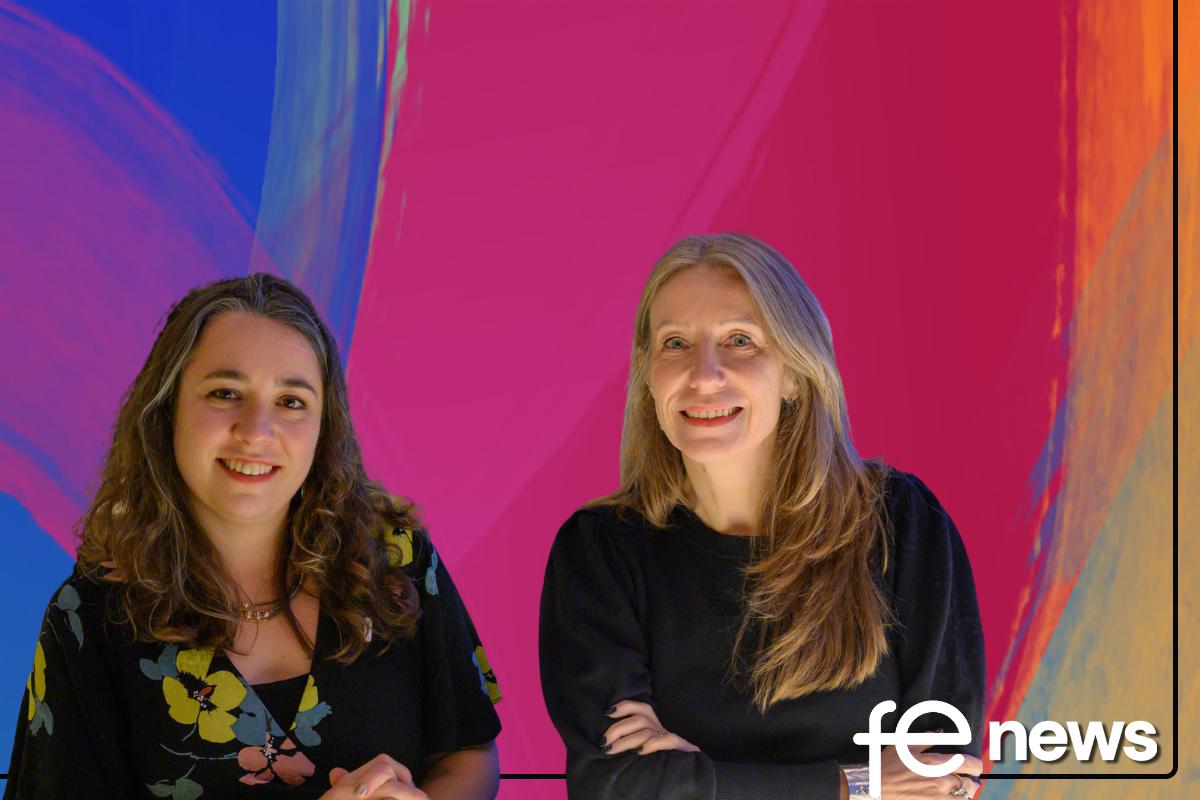
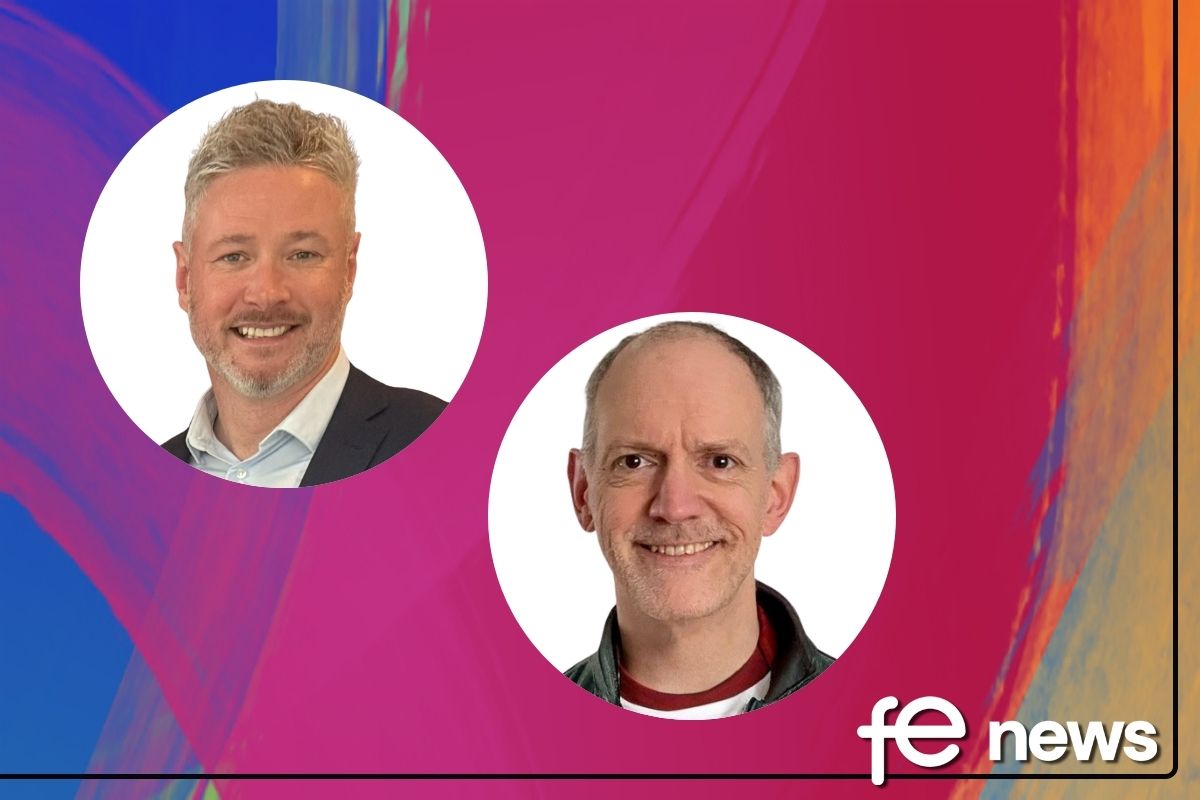
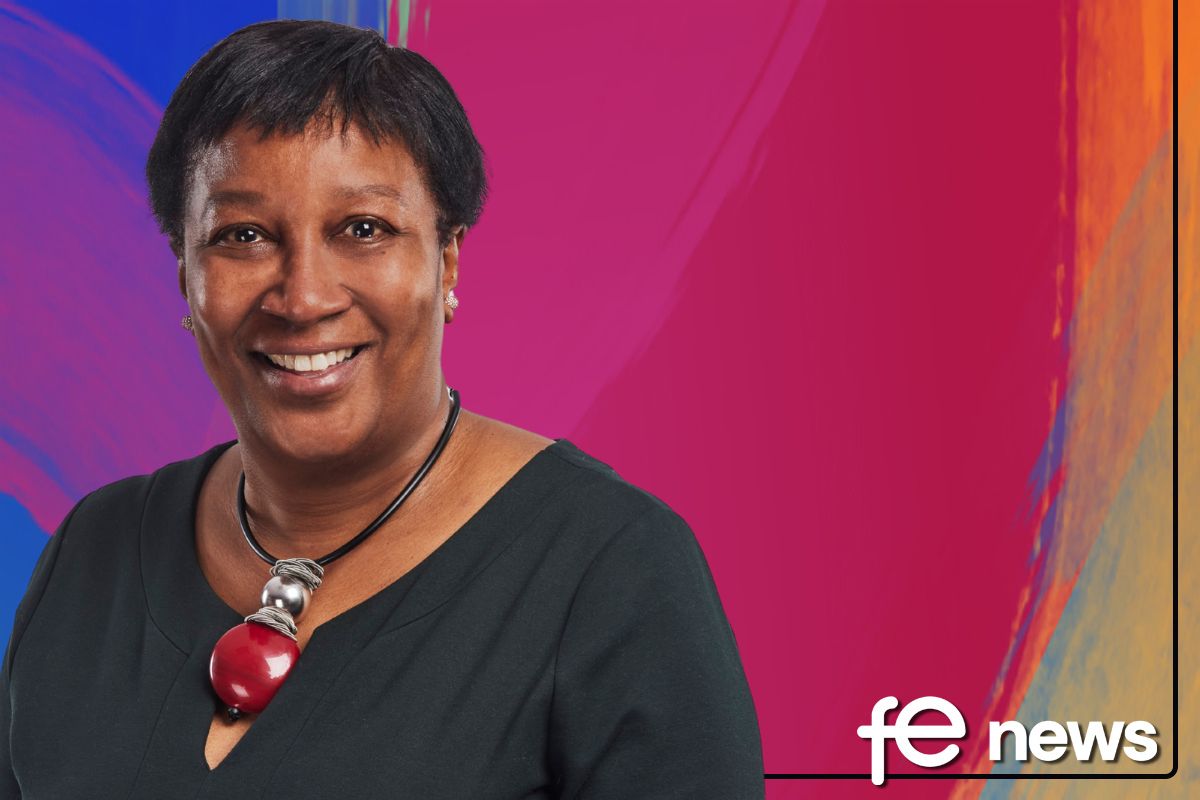
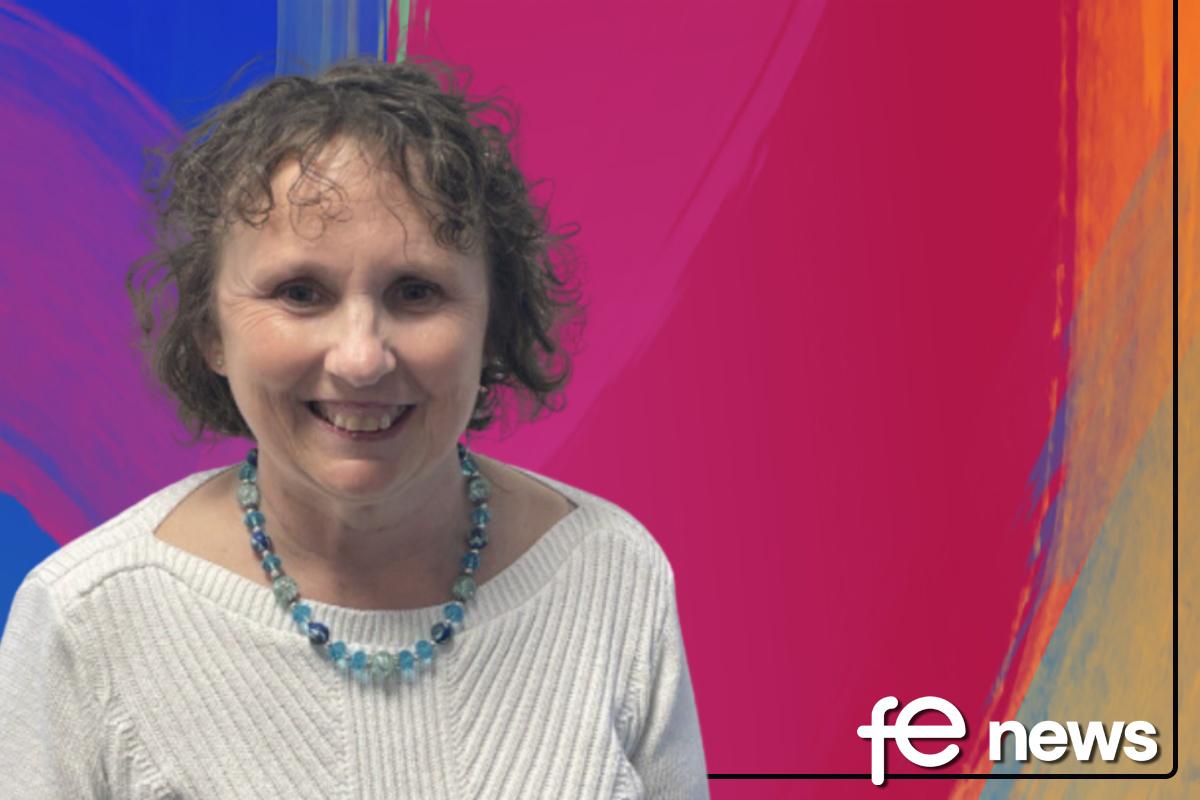
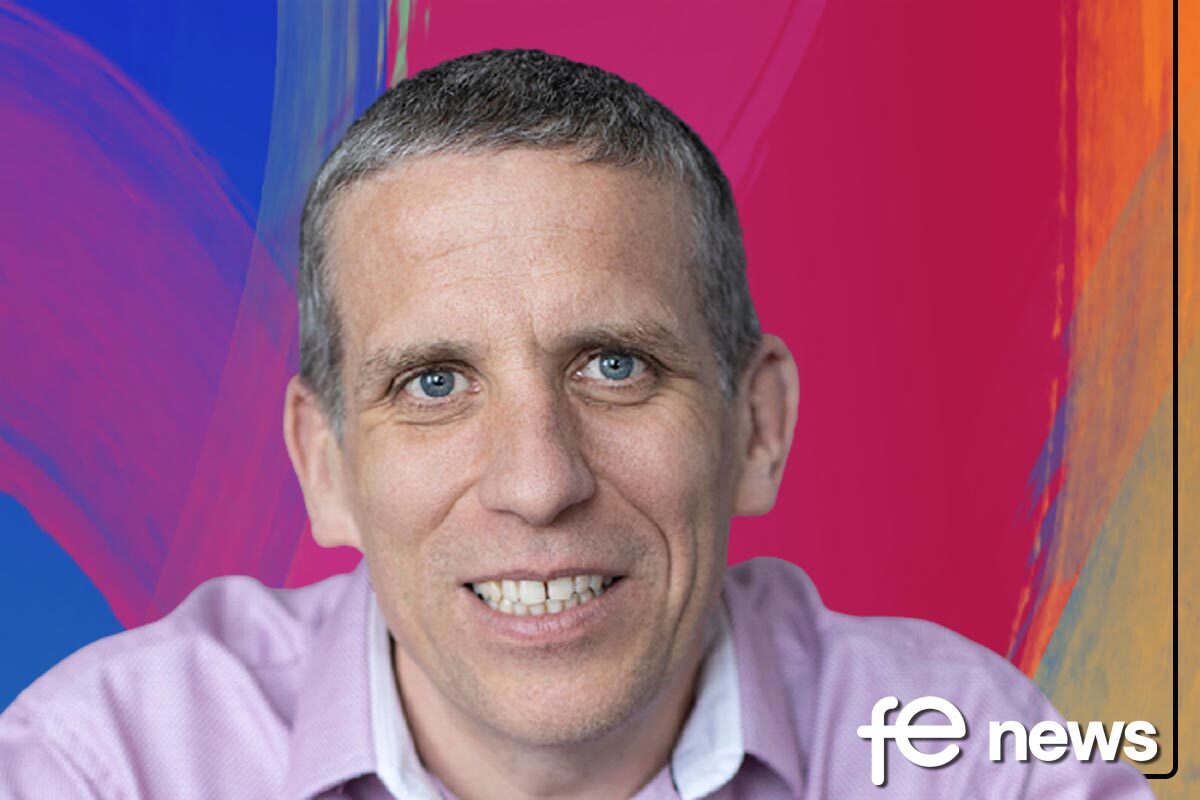
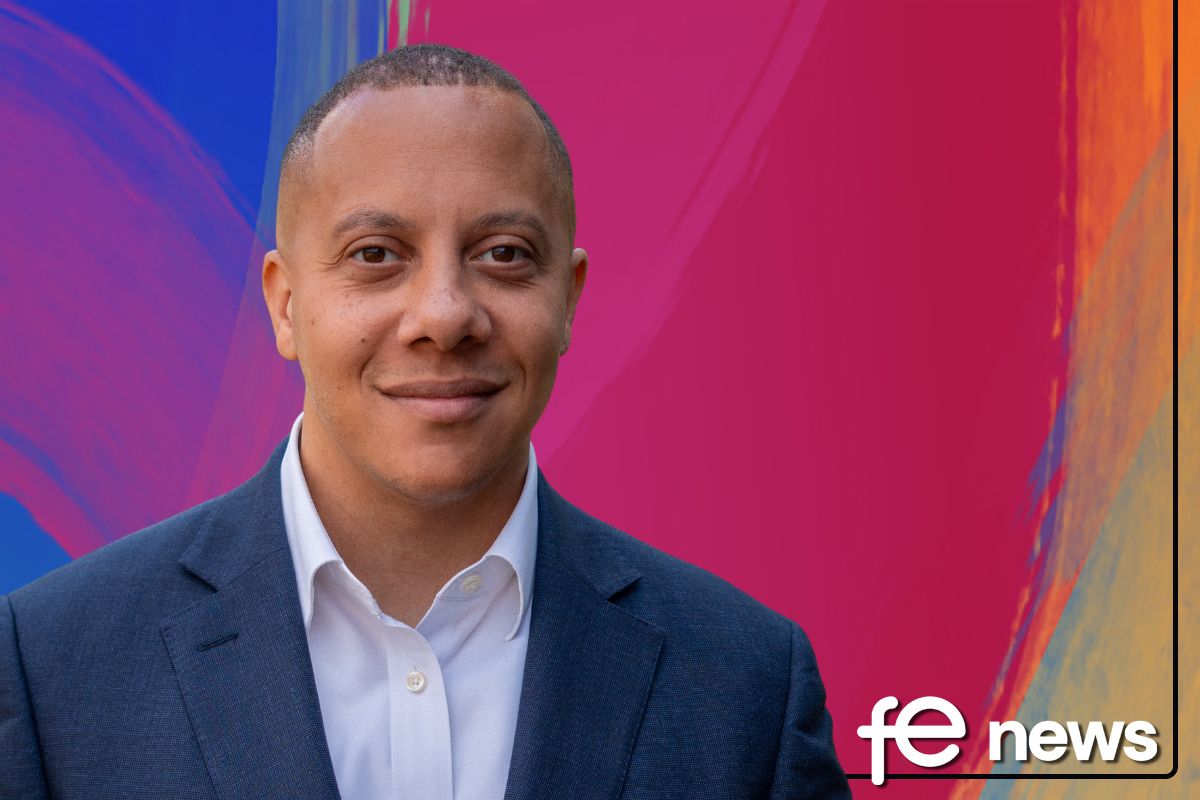
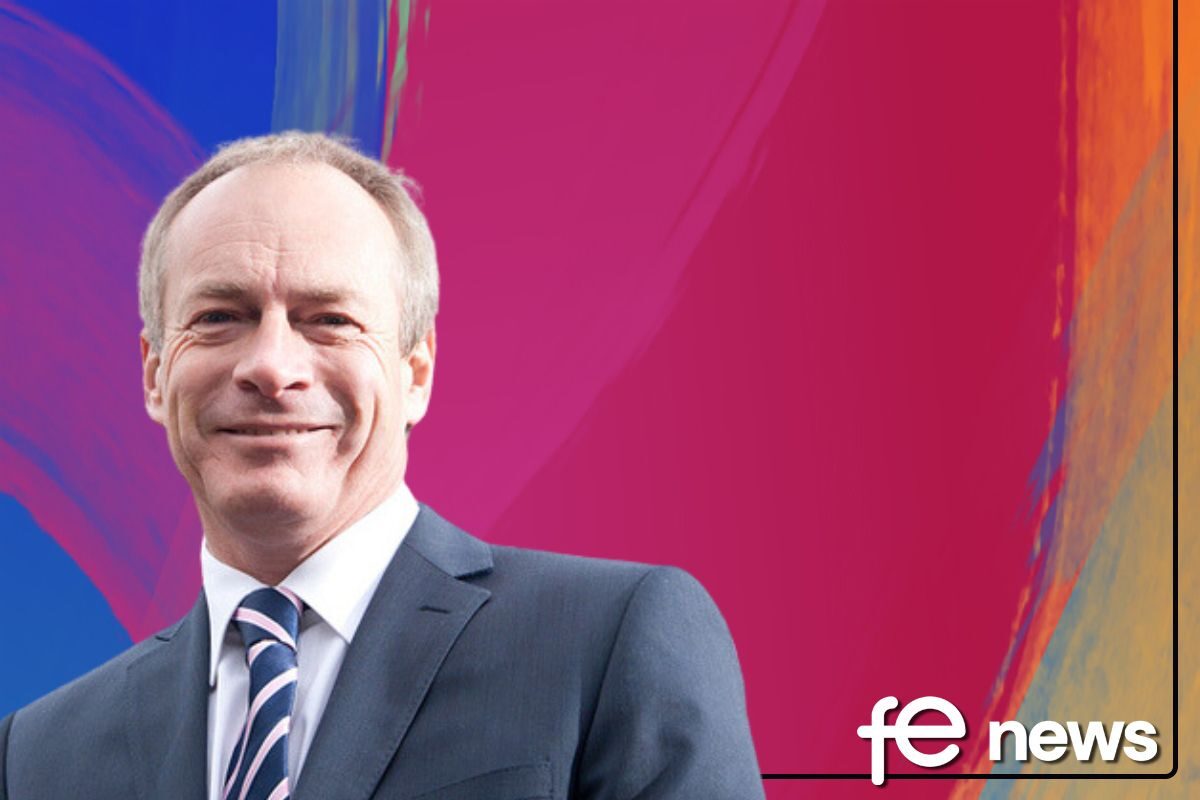
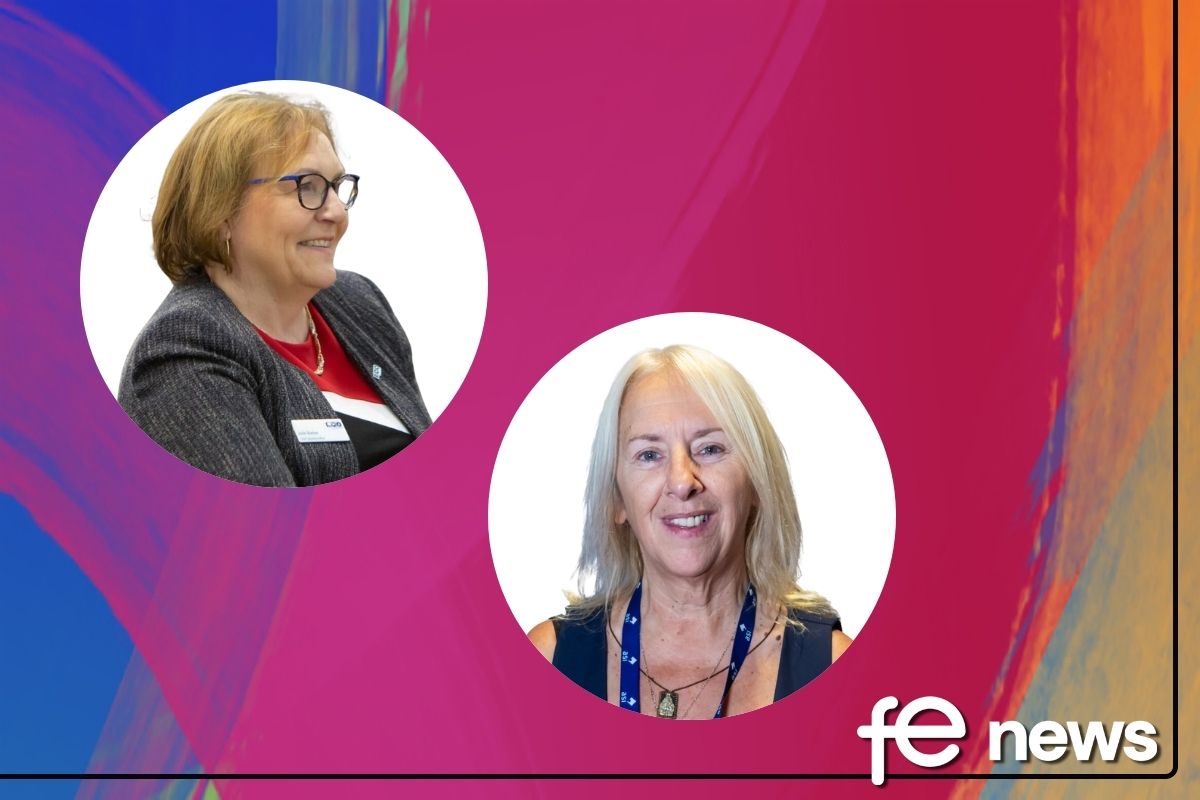
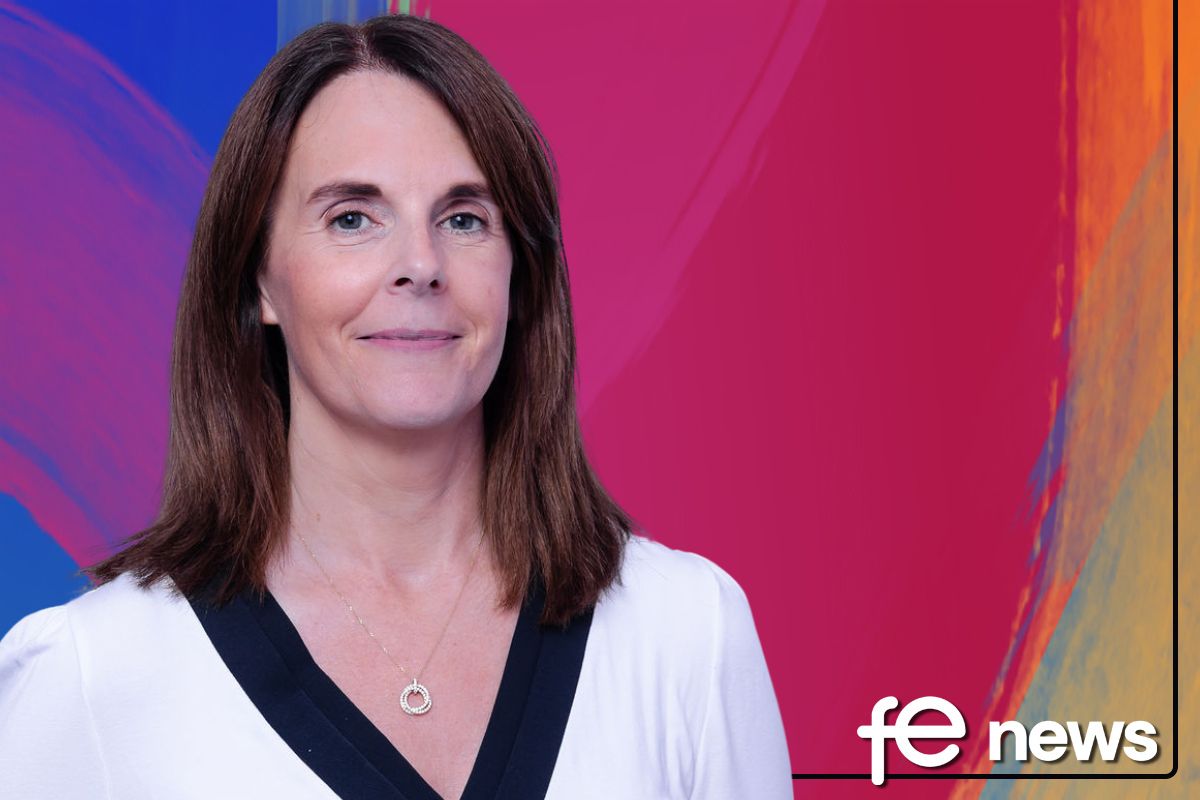
Responses